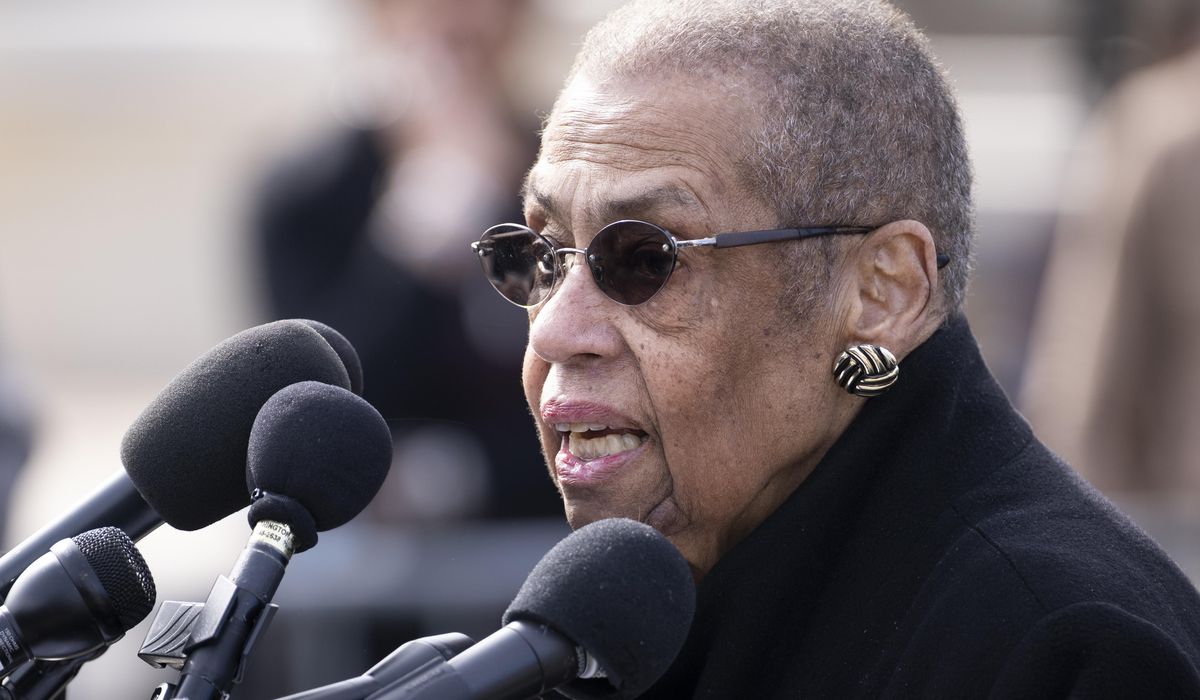ARTICLE AD BOX
Fifteen Republican state attorneys general joined Second Amendment groups that went to court last month to strike down the National Firearms Act.
The lawsuit challenges the constitutionality of a new $0 tax and registration scheme for certain suppressors and firearms with short barrels to justify upholding the NFA as a tax statute.
Attorneys general from Texas, Alaska, Georgia, Idaho, Indiana, Kansas, Louisiana, Montana, North Dakota, Oklahoma, South Carolina, South Dakota, Utah, West Virginia and Wyoming joined a coalition suit following the failure of the GOP-run Congress to fully repeal the 1934 gun control law in the One Big Beautiful Bill.
Texas Attorney General Ken Paxton said at the Gun Owners of America’s leadership summit last weekend that although Republicans didn’t repeal the NFA through the One Big Beautiful Bill, reducing the NFA tax from $200 to zero opened a legal opportunity.
“That repeal of the fee was what the Supreme Court in 1937 had used to allow the federal government to say it was a tax, and therefore they could regulate guns and override the Second Amendment,” Mr. Paxton said.
“With no fee, now there’s no tax, and that means we have an opening, and so we have sued along with Gun Owners of America to try to get that taken out so there’s no longer regulation registration for those different weapons, and we’re going to win that.”
GOA said in a statement that “in the 1930s, the Supreme Court only narrowly upheld the NFA solely as a tax statute — not as a firearms regulatory law,” citing that the court ruled in 1937’s Sonzinsky v. United States the NFA was permissible under Congress’ taxing power.
“But once the tax is reduced to $0, the constitutional justification for the law collapses,” GOA said.
GOA has also long argued that the NFA’s registration mandates violate the Second Amendment and are an unconstitutional overreach of federal power. With the tax mechanism gutted and reduced to an unworkable state by Congress, GOA’s forthcoming legal challenge will aim to strike down what remains of what it sees as an obsolete and abusive law.
A similar argument was brought to the Supreme Court in 2021 in California v. Texas, when the high court ultimately upheld the Affordable Care Act after ruling the plaintiffs lacked standing to challenge the law.
The case originated from a lawsuit saying that the ACA’s individual mandate, which requires most Americans to have health insurance or pay a penalty, was unconstitutional after Congress reduced the penalty to zero, but the Supreme Court opined that the plaintiffs didn’t suffer any injury from the mandate, so the challenge was dismissed.
GOA’s Aidan Johnston told The Washington Times that its suit is different than the one brought up against Obamacare four years ago and that the NFA needs to be struck down completely despite the fees being at zero, because firearm owners can still face penalties for not complying with the statute.
“Well, in our case, for gun owners, right now, the tax is $0 but if you don’t pay it, if you don’t comply with the National Firearms Act, then Congress has specified in 1934 that you should go to jail for 10 years, and you should pay a $250,000 fine per violation,” Mr. Johnston said.
“So the tax is zero, and the whole National Firearms Act is based on being a tax and a registration of the tax paid, and yet there is a heck of a large punishment for gun owners who violate that law.”
He added, “So we believe there’s going to be standing in our case. We believe we’ve got a great shot at challenging the whole National Firearms Act.”

 1 day ago
6
1 day ago
6








 English (US) ·
English (US) ·